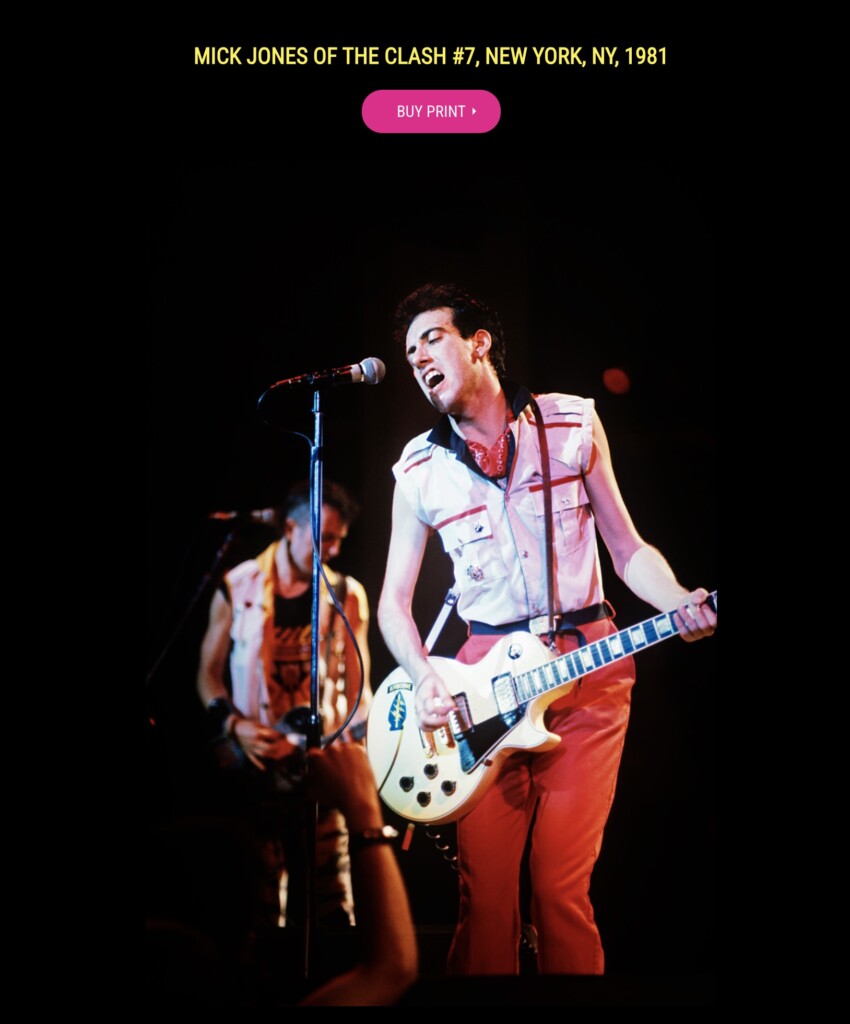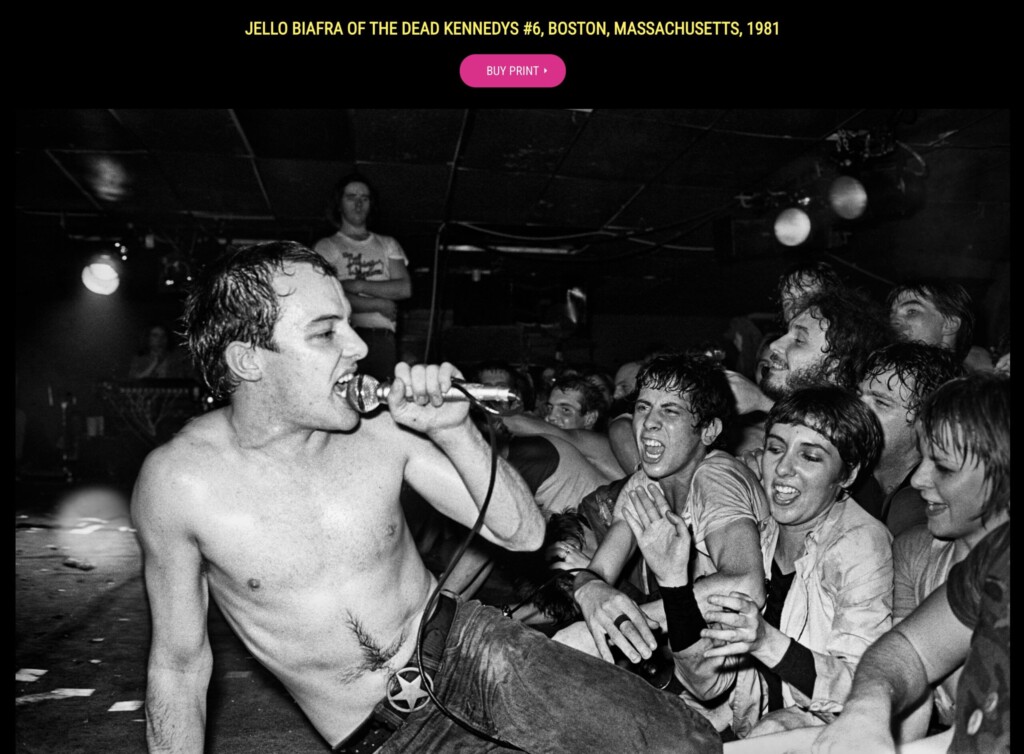Talking about punk’s longevity, ever wondered how classic bands have adapted to the modern music scene? Punk was a DIY revolt against the corporatizing consumerism of mainstream rock and roll. Once considered a music of revolt by the 1970s, rock was ingrained in ad campaigns for products from soda to political candidates. It was smoothly transformed by corporate record companies, agents, and advertising professionals into the status quo.
Fueled by the raw energy of a disaffected youth Punk Rock was born. It was driven by the energy of creation. Its sound was real and raw. Punk was the opposite of the overproduction that was holding rock and roll for ransom with big-money record contracts and arena concerts.
Punk rock began to define a new generation. From the tinder of its DIY ethos, stars of the movement were born through word of mouth. Defining the new generation music of punk, The Clash, Sex Pistols, Dead Kennedys, and The Ramones paved the way. Each faced its own battles as they struggled with the trappings of fame and met fates that were dissimilar yet the same.
Name recognition and the power of their music enabled some to transition throughout the decades and maintain their draw. Like all recording artists, seminal punk bands faced new challenges. A shifting culture, technology, and digital streaming changed the way music was broadcast. The core message and energy of Punk proved resilient. Not every Punk Band transitioned from the 1970s and 80s into the new world order of the 2000s but the most powerful survived and thrived in the modern music scene.
The Clash: A Genre of Diversity
Rock the Casbah and London Calling were monster hits for The Clash. They were immediately propelled from the Face of Punk into the Royalty of Rock. The essence of The Clash cannot be defined; they created a genre of diversity while maintaining a foot in the Punk scene. The music of The Clash, like original rock ‘n roll, was a culmination of the rhythms of the soul. The Clash infused reggae, ska, and a primitive beat that incorporated jazz, blues, soul, and gospel as the soundtrack for political messages of equality, peace, and change.
In the early 1980s, at the height of their career before another of the largest hits, Combat Rock was released, and The Clash fell apart. Joe Strummer, the dominant political influencer of the band, rallied the other members to fire the drummer, Topper Headon, because of his heroin addiction.
Despite the breakup, The Clash is still alive and well as a thriving favorite of the current generation. Surviving members, like Mick Jones, continue to honor the legacy of The Clash through documentaries and collaborations, ensuring that the band’s anti-establishment message reaches a modern audience. Jones has also supported charitable and activist causes, tying into The Clash’s legacy of social justice.
Sex Pistols, Dead Kennedys, and The Ramones Punk On
In any monument to Punk from the 1970s to 1980s its Mount Rushmore would have The Clash, Dead Kennedys, The Ramones and Sex Pistols chiseled into the granite of Rock n Roll. Fronted by Johnny Rotten (John Lydon) the Sex Pistols defined the Punk attitude. Lydon continues to do interviews, and appear in documentaries and on reality TV. Despite his bitter falling out with band members and their families, it is his current work that keeps the Sex Pistols center stage with new generations of Punk culture.
The Dead Kennedys fronted by Jello Biafra were the political wing of Punk. Biafra continues to keep the Dead Kennedys relevant to succeeding generations with public appearances, speeches, and a record label. He has embraced the streaming services that this generation favors. His active adaptability ensures that this generation of Punks have access to the messages of the music of Dead Kennedys.
To the uninitiated The Ramones, their look, and sound resonate Punk. All of the original members have died, yet their memories live on. Big box stores, the antithesis of Punk sell Ramones memorabilia as if they were a current band. A new generation of those who relate to the band embrace it all, the look, the music, and the attitude.
“Everybody Has a Story to Tell” Joe Strummer
The Punk story continues. The Classic Punk Bands were adaptable to the new media, technology, and streaming. The message and music of Punk are universal to the human experience, it is a continuing influence of new artists who want to tell their story.
Talking about punk’s longevity, ever wondered how classic bands have adapted to the modern music scene? Punk was a DIY revolt against the corporatizing consumerism of mainstream rock and roll. Once considered a music of revolt by the 1970s, rock was ingrained in ad campaigns for products from soda to political candidates. It was smoothly transformed by corporate record companies, agents, and advertising professionals into the status quo.
Fueled by the raw energy of a disaffected youth Punk Rock was born. It was driven by the energy of creation. Its sound was real and raw. Punk was the opposite of the overproduction that was holding rock and roll for ransom with big-money record contracts and arena concerts.
Punk rock began to define a new generation. From the tinder of its DIY ethos, stars of the movement were born through word of mouth. Defining the new generation music of punk, The Clash, Sex Pistols, Dead Kennedys, and The Ramones paved the way. Each faced its own battles as they struggled with the trappings of fame and met fates that were dissimilar yet the same.
Name recognition and the power of their music enabled some to transition throughout the decades and maintain their draw. Like all recording artists, seminal punk bands faced new challenges. A shifting culture, technology, and digital streaming changed the way music was broadcast. The core message and energy of Punk proved resilient. Not every Punk Band transitioned from the 1970s and 80s into the new world order of the 2000s but the most powerful survived and thrived in the modern music scene.
The Clash: A Genre of Diversity
Rock the Casbah and London Calling were monster hits for The Clash. They were immediately propelled from the Face of Punk into the Royalty of Rock. The essence of The Clash cannot be defined; they created a genre of diversity while maintaining a foot in the Punk scene. The music of The Clash, like original rock ‘n roll, was a culmination of the rhythms of the soul. The Clash infused reggae, ska, and a primitive beat that incorporated jazz, blues, soul, and gospel as the soundtrack for political messages of equality, peace, and change.
In the early 1980s, at the height of their career before another of the largest hits, Combat Rock was released, and The Clash fell apart. Joe Strummer, the dominant political influencer of the band, rallied the other members to fire the drummer, Topper Headon, because of his heroin addiction.
Despite the breakup, The Clash is still alive and well as a thriving favorite of the current generation. Surviving members, like Mick Jones, continue to honor the legacy of The Clash through documentaries and collaborations, ensuring that the band’s anti-establishment message reaches a modern audience. Jones has also supported charitable and activist causes, tying into The Clash’s legacy of social justice.
Sex Pistols, Dead Kennedys, and The Ramones Punk On
In any monument to Punk from the 1970s to 1980s its Mount Rushmore would have The Clash, Dead Kennedys, The Ramones and Sex Pistols chiseled into the granite of Rock n Roll. Fronted by Johnny Rotten (John Lydon) the Sex Pistols defined the Punk attitude. Lydon continues to do interviews, and appear in documentaries and on reality TV. Despite his bitter falling out with band members and their families, it is his current work that keeps the Sex Pistols center stage with new generations of Punk culture.
The Dead Kennedys fronted by Jello Biafra were the political wing of Punk. Biafra continues to keep the Dead Kennedys relevant to succeeding generations with public appearances, speeches, and a record label. He has embraced the streaming services that this generation favors. His active adaptability ensures that this generation of Punks have access to the messages of the music of Dead Kennedys.
To the uninitiated The Ramones, their look, and sound resonate Punk. All of the original members have died, yet their memories live on. Big box stores, the antithesis of Punk sell Ramones memorabilia as if they were a current band. A new generation of those who relate to the band embrace it all, the look, the music, and the attitude.
“Everybody Has a Story to Tell” Joe Strummer
The Punk story continues. The Classic Punk Bands were adaptable to the new media, technology, and streaming. The message and music of Punk are universal to the human experience, it is a continuing influence of new artists who want to tell their story.

